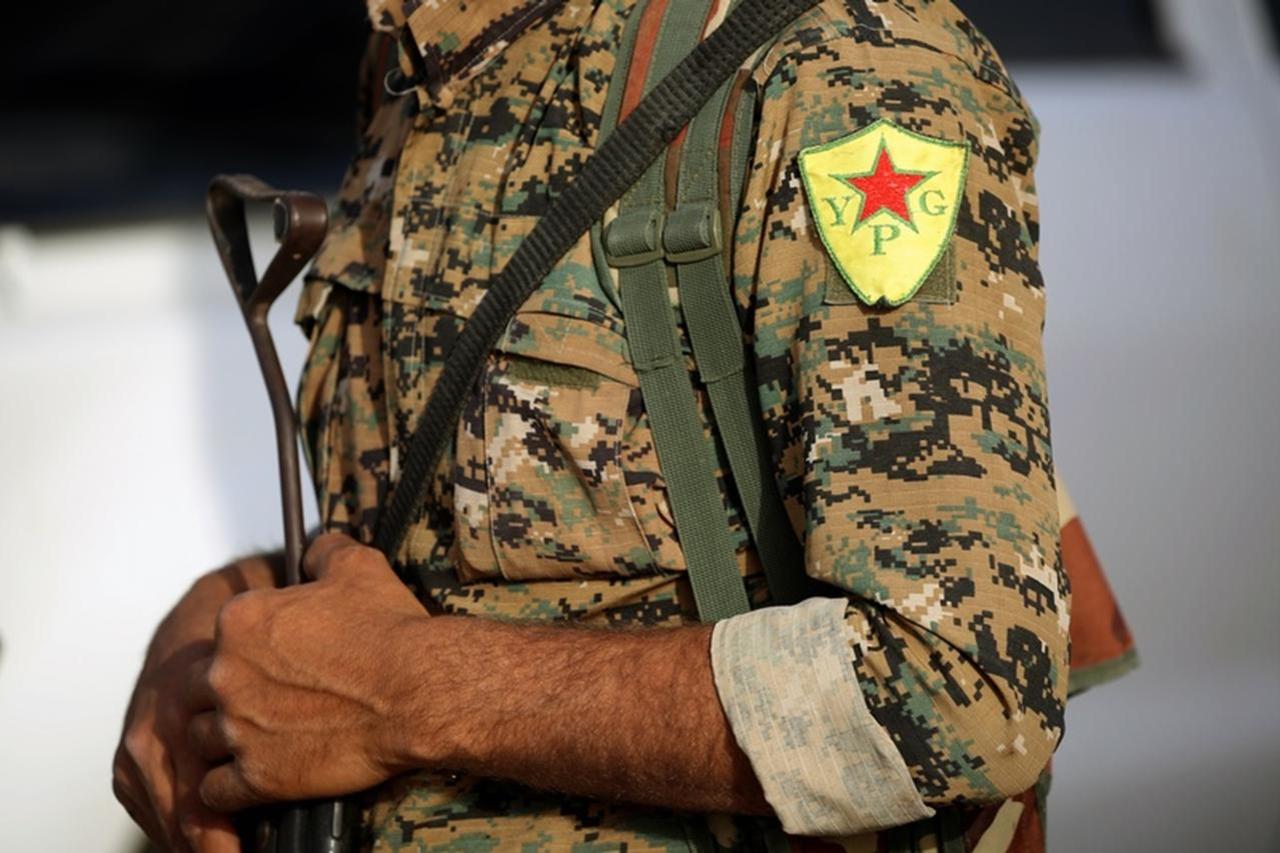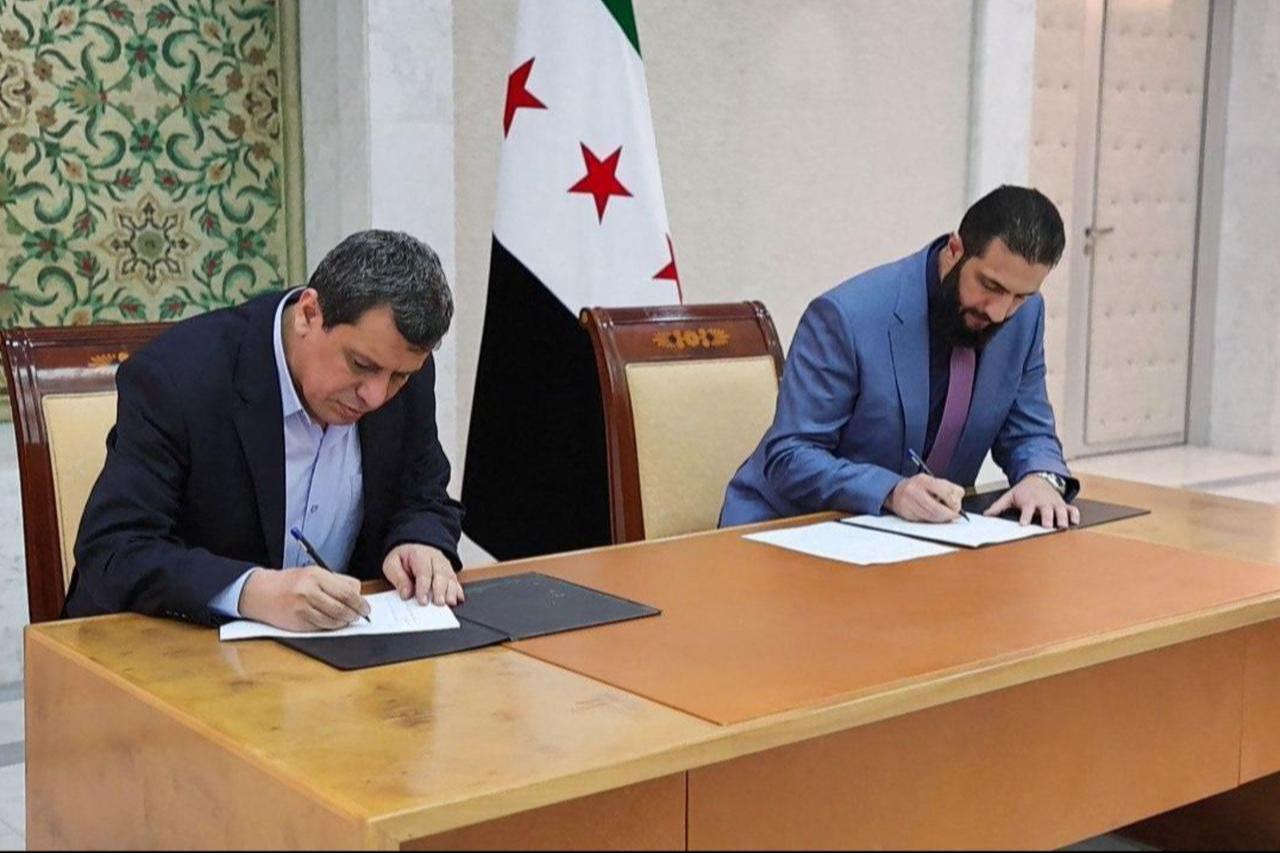
The U.K.-based energy company Gulfsands has revealed that since 2017, the SDF terrorist group has illegally extracted more than 55 million barrels of oil and gas worth over $3.8 billion from Block 26 in north-eastern Syria since 2017.
Block 26, located in Syria’s northeast near the Euphrates River and close to the Iraqi border, is one of the country’s most productive oil and gas fields.
Gulfsands Managing Director John Bell stated on LinkedIn that these illicit operations are still ongoing, with resources being funneled through black market networks at prices well below international levels.

The company highlighted that a legal and transparent energy management system was agreed upon in principle through the 8-Point Framework between the new Syrian Government and the SDF in March this year. However, progress in formalizing and implementing this framework has stalled, leaving the Syrian people to bear the consequences of delayed reconstruction.
Gulfsands’ Managing Director John Bell stated, “For too long, Syria’s sovereign natural resources have been misappropriated. Rebuilding a centrally managed and transparent energy industry is critical to restore confidence for foreign investment, benefit all regions—including the North-East—and provide the Syrian people with the means to rebuild and create a stable, secure, and sustainable future.”
The company is ready to resume operations and invest extensively once the 8-Point Framework is implemented and conditions are safe, helping attract international energy companies and vital foreign direct investment back to Syria.
The report underlined that the primary losers are the Syrian people, who have been deprived of their national wealth while suffering from severe environmental damage. Unregulated extraction has contaminated land and water, leading to widespread health problems, including respiratory diseases, skin conditions, and cancers.
The company renewed its call for a centralized Syrian national energy strategy to finance reconstruction, generate export revenues, and provide employment opportunities. According to Gulfsands, with proper investment and oversight, Syria’s oil production could rise from the current 80,000 barrels per day to as much as 500,000 barrels per day, creating billions of dollars in annual revenue.
Bell emphasized that Syria’s resources should be managed legally, transparently, and under central government control, ensuring fair distribution across all regions. He added that Gulfsands is ready to return and invest once a safe, secure, and transparent framework is established.